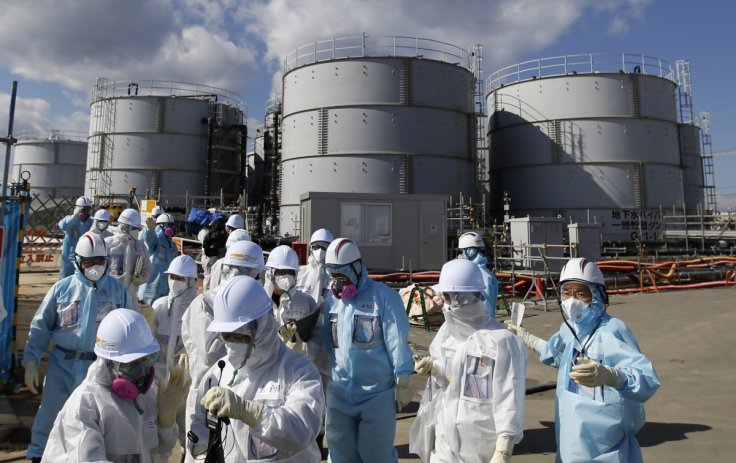
Japan's environment minister said the radioactive water from its tsunami-destroyed Fukushima nuclear power plant will have to be dumped directly into the Pacific Ocean as it is running out of space by 2022.
The plant has collected more than 1 million tonnes of contaminated water from the cooling pipes used to keep fuel cores from melting in tanks at the wrecked sites after it was crippled by an earthquake and tsunami in 2011.
"The only option will be to drain it into the sea and dilute it," Yoshiaki Harada told a news briefing in Tokyo on Tuesday. "The whole of the government will discuss this, but I would like to offer my simple opinion." However, the government will take a final decision once the report from an expert panel is submitted.
Even Tepco has faced opposition from local fishermen last year that the water in its tanks still contained contaminants beside tritium. With the minister's contention, Japan's neighbours South and North Korea are up in arms over the startling revelation.
Seoul even summoned a senior Japanese embassy official last month to explain how the country would deal with the Fukushima radioactive water. South Koreans are at logger heads with Japan over the compensation dispute for Koreans forced to work in Japanese factories in World War II.
Otherwise, coastal nuclear plants are known to have dumped into the ocean water that contains tritium, an isotope of hydrogen that is hard to separate and is considered to be relatively harmless.(Reuters)









